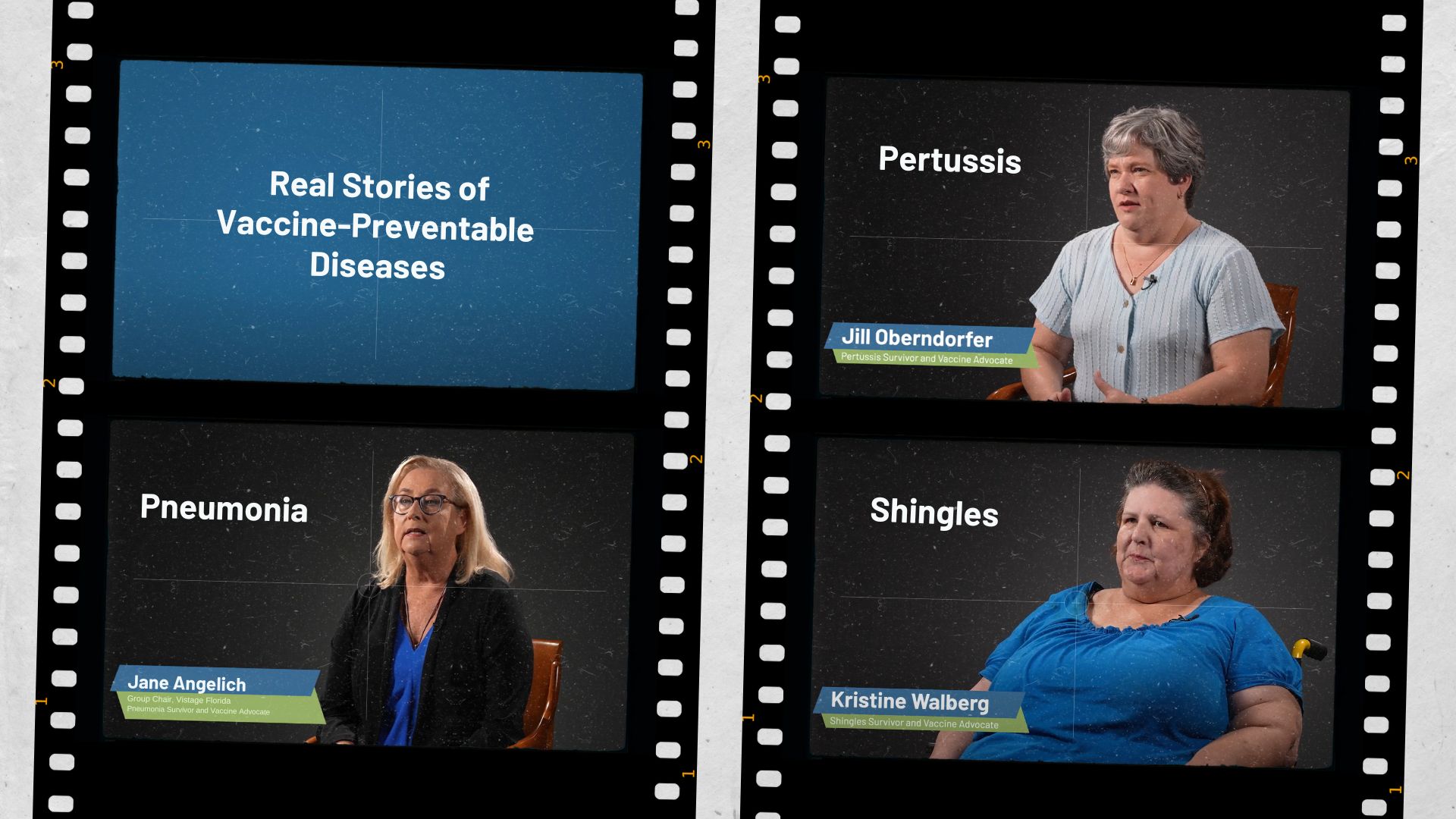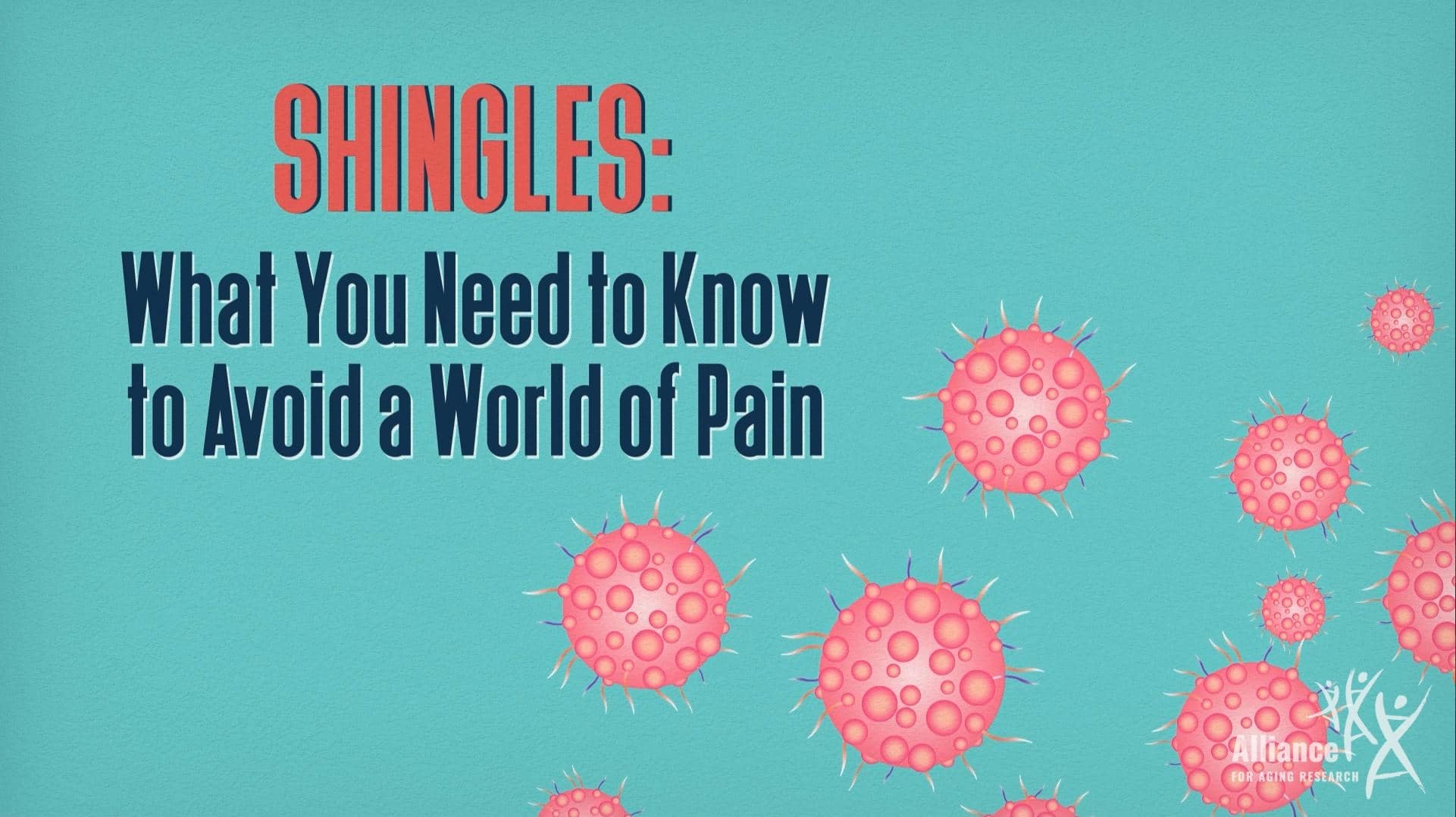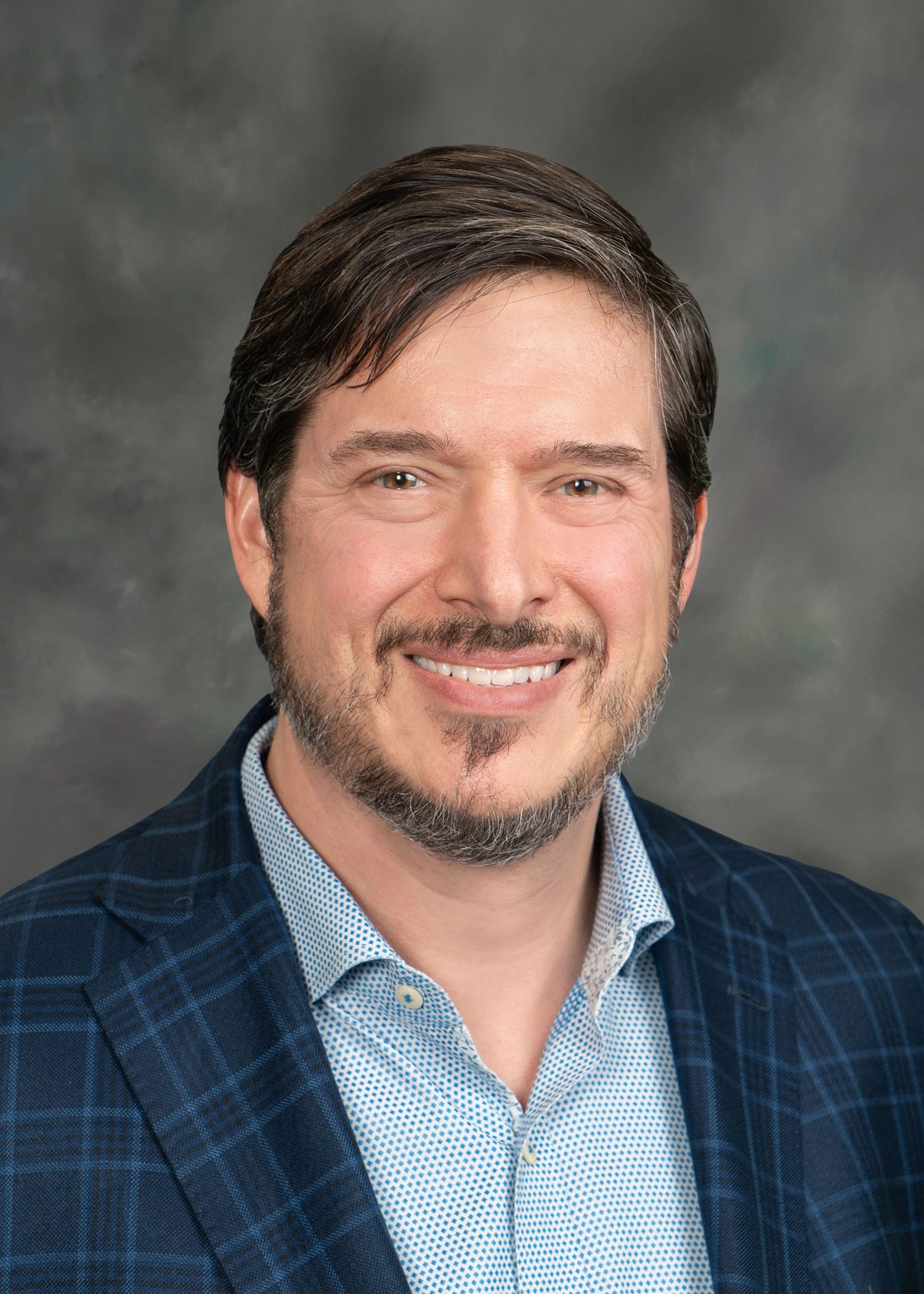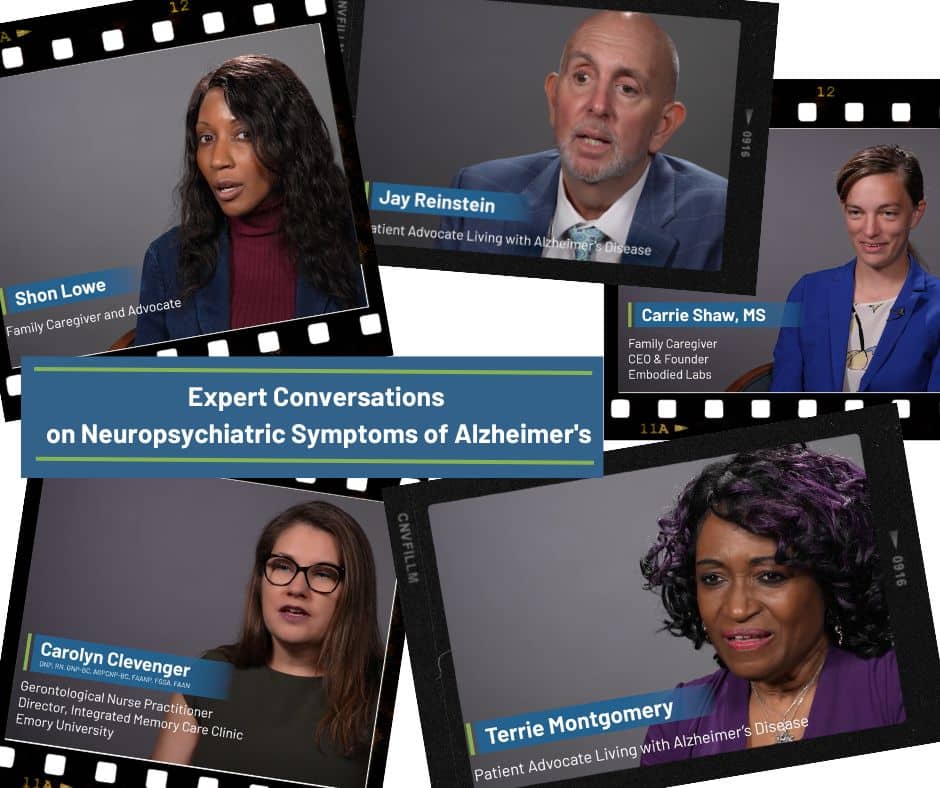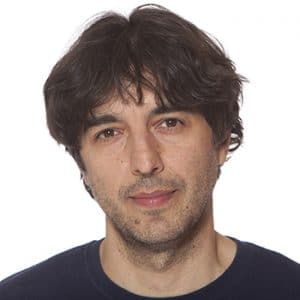
For this edition of the Healthspan Expert Q & A, we talk with Valter Longo, Ph.D., Edna Jones Professor in Gerontology and Professor in Biological Science at USC. He most recently gave a lecture on nutrition, fasting, longevity, and diseases for the Trans-NIH GeroScience Interest Group’s (GSIG) seminar series.
Q: What led you to pursue a career in longevity research?
VL: I have worked on longevity research since I was an undergraduate. I always thought it was a great way to combine science and medicine.
Q: Your NIH lecture on nutrition, fasting, longevity, and diseases touched on a number of interesting areas of research. Could you summarize your research connected to nutrition and longevity?
VL: We have published a number of papers indicating that cycles of fasting and refeeding can cause multi-system regeneration and rejuvenation leading to extended healthspan. These effects range from those on the immune system to the nervous system to the muscles.
Q: What role do genetics play in a person’s lifespan and healthspan?
VL: Naturally, genetics control lifespan and healthspan. This is why a mouse lives for 2.5 years and humans for 80. However, genetics can also have a major role in whether someone makes it to 100 and someone else dies at 80.
Q: What do you ultimately hope your research achieves?
VL: We plan on making fasting mimicking diets complimentary treatments available to doctors and dietitians worldwide for not only promotion of healthspan, but also to treat diseases.
Q: Do you have any projects you and your team are working on that you’d like to share?
VL: We have just published that cycles of a fasting mimicking diet reduce and in some cases eliminate the symptoms of multiple sclerosis in mice and provided initial data for the potential efficacy of this treatment in humans with MS.
Q: Finally, what will extension of healthspan mean for the global population?
VL: It will mean that we will reduce costs while enjoying healthier and longer lives. The Laron subjects we study in Ecuador, who lack the growth hormone receptor, are a clear example of how possible this is, since they rarely develop chronic diseases, yet they live long lives.

